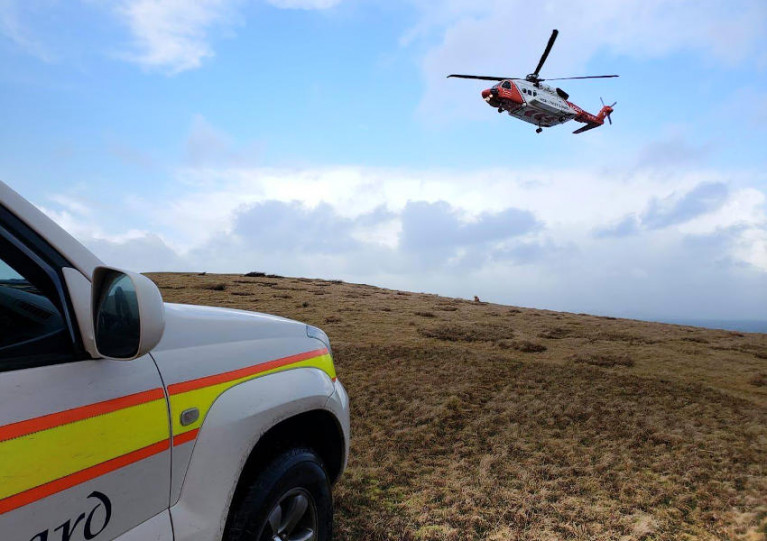Displaying items by tag: National Search and Rescue Plan
Irish Coast Guard Saved Nearly 380 Lives In 2019, Says First Report On New National SAR Plan
The Irish Coast Guard saved 379 lives and assisted more than 3,500 people during the course of 2019.
The figures are included in the first annual report on Ireland’s National Search and Rescue Plan, which was published yesterday (Monday 21 September).
Also noted in the report, and is available to download below, the coastguard’s three rescue co-ordination centres managed a total of 2,500 incidents in 2019, broadly similar to figures for the previous two years.
And its fleet of Sikorsky S-92 rescue helicopters flew nearly 800 missions last year — the majority of these from its Sligo and Shannon bases on the West Coast.
“Given the additional challenges imposed this year by Covid-19, the report is a strong endorsement of the commitment and dedication of all those involved in search and rescue in Ireland,” said Minister of State Hildegarde Naughton, who published the report yesterday.
As previously reported on Afloat.ie, the new plan provided for a National SAR Committee which for the first time brings together all key stakeholders in maritime, land and aeronautical SAR under an independent chair.
Among the key lessons from its first year is that Ireland “already had a very well established SAR system in being” when the review began in 2018 “and the fundamental integrity of this system must be protected even while seeking improvements in effectiveness, oversight and safety”.
Its work for the coming year is, among other things, to identify and monitor the system’s key performance indicators.
“The new plan represents a step change in how we do and oversee search and rescue in Ireland,” Minister Naughton said.
“One year on, I am very pleased with the progress including continued strong working relations between the Irish Coast Guard, the Irish Aviation Authority and An Garda Síochána who provide these vital services.”





























































